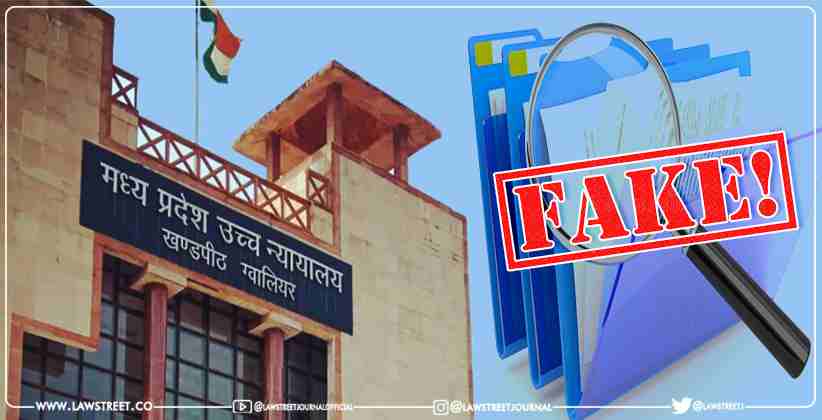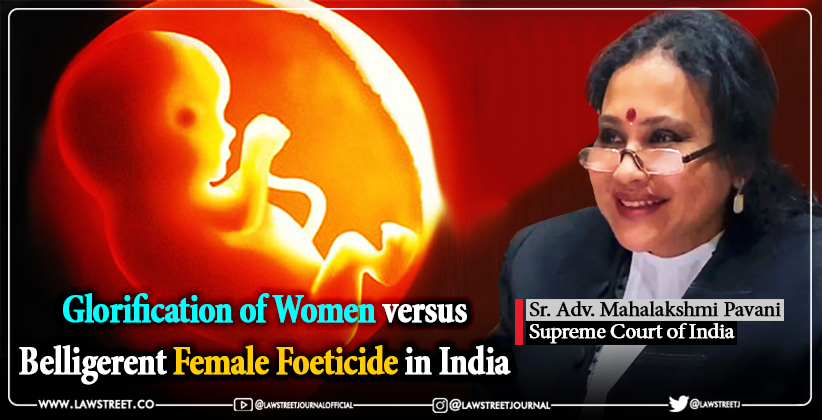NEW DELHI: The Madhya Pradesh High Court has told the Principal and staff of a school of Madhya Pradesh that they can't compel students from Hindu and Jain faiths to wear 'hijab' or force them to study materials of Islamic faith.
Justice Dinesh Kumar Paliwal imposed these conditions upon Asfa Sheikh, principal Anas Athar, teacher and Rustom Ali, peon of Ganga Jamuna Higher Secondary School, Futera Ward, Damoh, while granting them bail.
The court directed the three applicants not to repeat the offence, and not prevent students of other religion from wearing the essentials of their own religion as such wearing a sacred thread (kalawa) and putting tilak on the forehead.
"They shall not compel the students of other religion to read/study any material or language which has not been prescribed or approved by the Madhya Pradesh Education Board. They shall not provide any religious education or material belonging to Islam faith to the students of other religion and shall impart only modern eduction as contained in Section 53(1)(iii) of the Juvenile Justice (Care and Protection of Children) Act, 2015," the bench said.
The court also directed that the girl students of other religion i.e. Hindu and Jain etc should not be compelled to wear head scarf (Hijaab) anywhere in the school premises or in the class rooms.
An FIR was lodged in the matter on June 07, 2023 with Kotwali police station at Damoh in Madhya Pradesh.
The three accused were arrested on June 11, 2023 for the offences punishable under Sections 295A, 506 and 120B of the IPC, Section 75 and 87 of Juvenile Justice Act (Care and Protection of Children) Act, 2015 and Section 3/5(1) of the Madhya Pradesh Freedom of Religion Act, 2021.
According to the complaint, principal Asfa Sheikh, teacher Anas Athar and peon Rustom Ali and management of the Ganga Jamuna Higher Secondary School, Futera Ward, Damoh compelled students from Hindu and Jain faiths to wear salwar kurti, head scarf (Hijaab) and dupatta (scarf).
It alleged Urdu was being taught as compulsory subject in school from nursery to Class XII and prayers belonging to muslim faith were being recited and taught in school and students from Hindu and Jain religion cannot put tilak on the forehead and cannot tie sacred thread (kalawa) on their wrist and if someone wore the sacred thread (kalawa) or put tilak, he was being forcibly prevented, by the teachers.
Seeking their release on bail, the applicants submitted that they were innocent as it was the Managing Director Mohd Idrish and members of the School Management who have prescribed the dress code and made it compulsory to all girls students to wear head scarf (Hijaab) with dress. They also said the school is a minority religious institute.
Opposing their plea, the state government said the girl students are being compelled to wear head scarf (Hijaab), whereas even minority institutions cannot compel the students belonging to other religion to wear head scarf (Hijaab) and it cannot prevent students of other religion from wearing sacred thread (kalawa) and puting tilak on the forehead. Such schools also cannot compel them to read Urdu language necessarily and to recite the prayers belonging to Islam faith.
The applicants also submitted that no offence under Section 3/5(1) of the Madhya Pradesh Freedom of Religion Act was made out against them as there are no allegations against them that they are involved in forced conversion of the students of the said school.
Upon hearing the parties, the bench said it is a case in which applicants may be released on bail as after the investigation, a charge sheet has been filed against them and the main allegations are against management of the school, while trial of the case will take considerable time.
The court ordered the release of the three on bail on their furnishing a personal bond incorporating the conditions, in the sum of Rs 50,000 each with one solvent surety each in the like amount to the satisfaction of the trial Court, for their regular appearance before the trial court during trial with a condition that they shall appear before the concerned court on all the dates fixed by it during trial. They shall also abide by all the conditions enumerated under Section 437(3) of CrPC.







![High Court Prohibits Compulsion of Hijab and Islamic Texts on Students of Different Faiths at Ganga Jamuna School [Watch Video]](/secure/uploads/2023/09/lj_5754_f71da9b5-c632-4d0b-94b8-6f36245eb157.jpg)
.jpeg)




